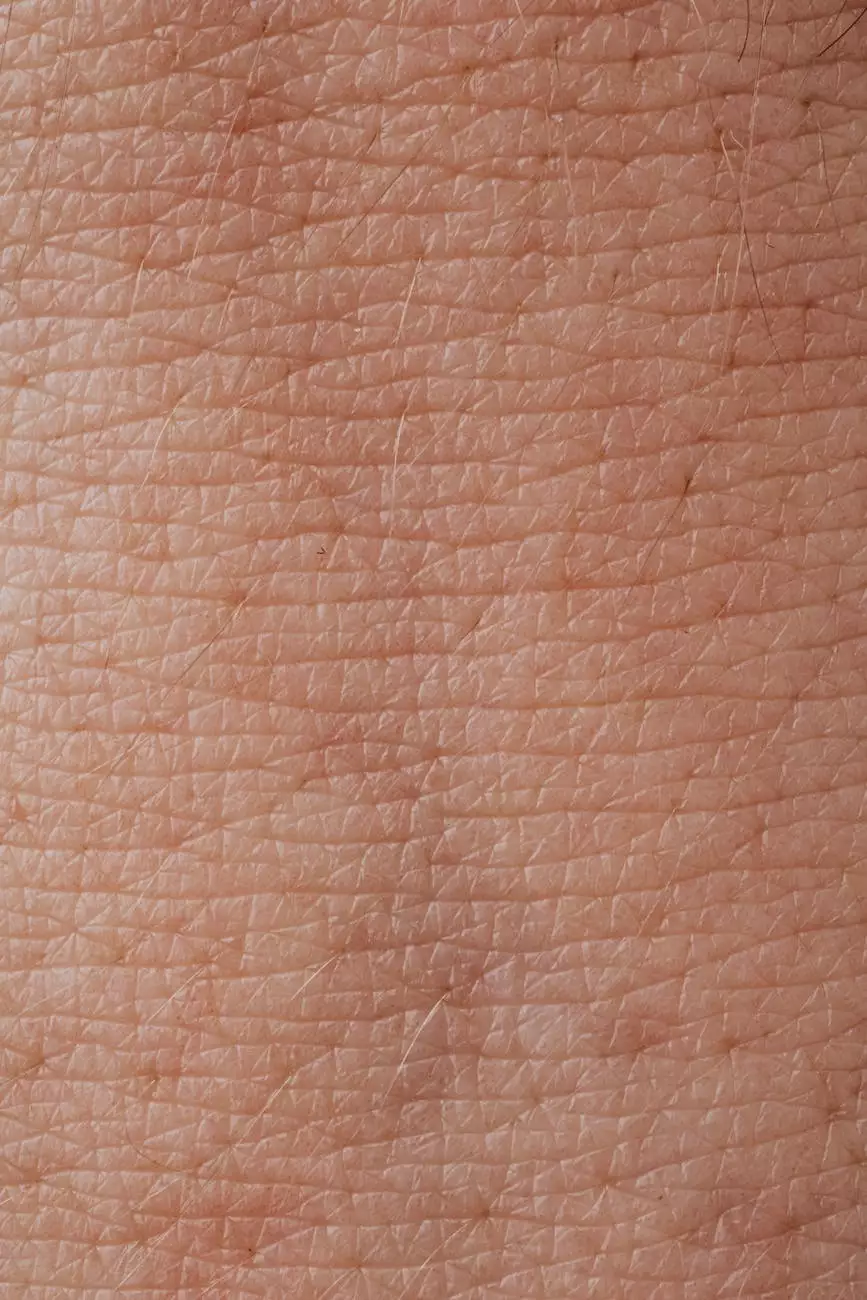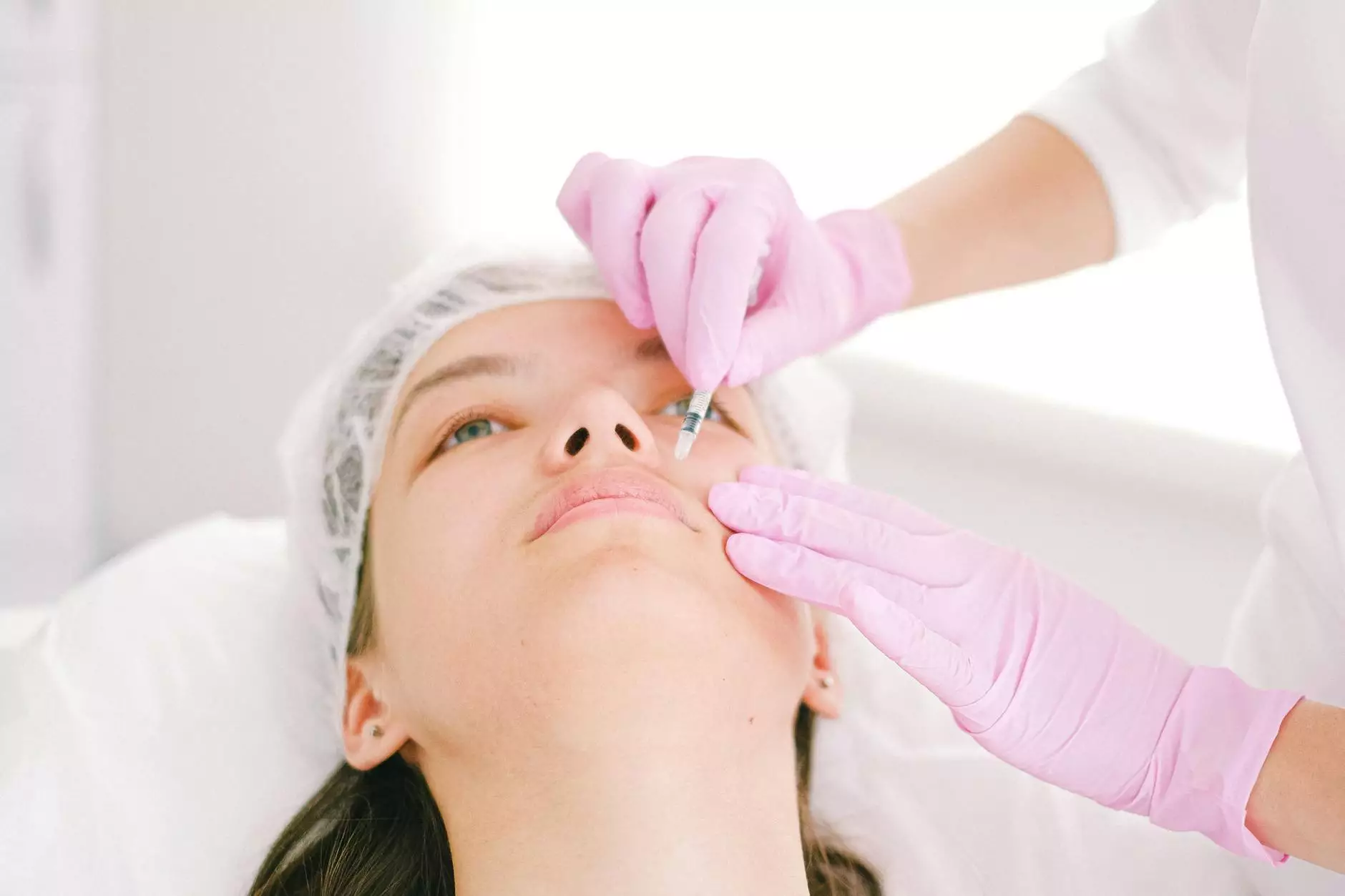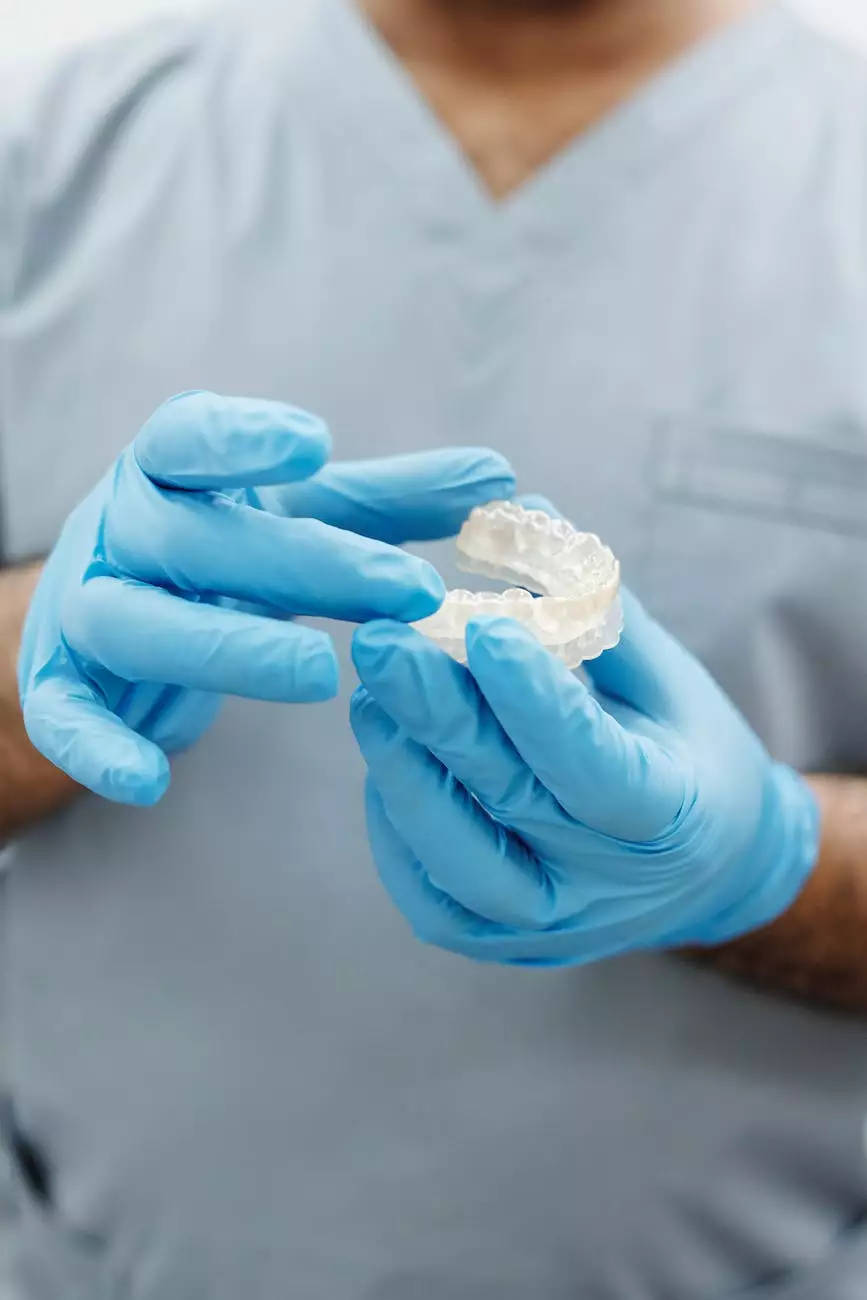5 Signs Your Psoriasis May Be In Remission
Blog
About Psoriasis
Psoriasis is a chronic autoimmune condition that affects the skin, resulting in the rapid buildup of cells on the skin's surface. This leads to the formation of red, itchy, and scaly patches that can be painful and uncomfortable. Psoriasis symptoms can vary from person to person and may range from mild to severe.
Understanding Remission
Psoriasis can be a lifelong condition, but it is possible for the symptoms to go into remission. Remission refers to a period of time when the symptoms of psoriasis subside or become less severe. Achieving remission is a significant goal for individuals with psoriasis as it provides relief from the physical and emotional burden of the condition. Driven by various factors, remission can be temporary or long-lasting.
Signs of Psoriasis Remission
1. Reduced Redness and Scaling
One of the primary signs that your psoriasis may be in remission is a noticeable reduction in redness and scaling on your skin. When in remission, the affected areas may appear less inflamed, and the scales may become thinner or disappear altogether. It is important to keep in mind that even with remission, some residual skin discoloration or mild scaling may persist.
2. Decreased Itching and Discomfort
During a state of remission, you may experience a significant reduction in itching and discomfort associated with psoriasis. The persistent urge to scratch or the feeling of tightness and pain may subside or diminish greatly, allowing for improved quality of life and better sleep patterns.
3. Smoother Skin Texture
Psoriasis patches can often make the skin feel rough and uneven. When in remission, you may notice a smoother texture in the previously affected areas. The skin may regain its natural suppleness, leading to enhanced self-confidence and a more comfortable overall feeling. However, it's essential to remember that even with remission, there can be periods of flare-ups.
4. Decreased Joint Pain
For individuals with psoriatic arthritis, remission can result in a significant reduction in joint pain and inflammation. Psoriatic arthritis, a condition that often accompanies psoriasis, affects the joints, causing pain, swelling, and stiffness. During the remission phase, you may experience an improvement in joint mobility and decreased discomfort, allowing for more ease in performing daily activities.
5. Improved Emotional Well-being
Psoriasis can have a profound impact on a person's mental and emotional health. The visible nature of the condition and its associated symptoms may lead to feelings of self-consciousness, embarrassment, or even depression. When your psoriasis is in remission, you may experience an improved sense of well-being, reduced stress levels, and increased self-esteem. This can positively influence your overall mental health and quality of life.
Consulting a Psoriasis Specialist
While understanding the signs of psoriasis remission is valuable, it is crucial to consult with a knowledgeable psoriasis specialist, such as Benjamin Shettell, MD, to diagnose and manage your condition effectively. Dr. Shettell is a highly experienced healthcare professional specializing in psoriasis treatment and individualized care.
Through a comprehensive evaluation, Dr. Shettell will consider your medical history, symptoms, and lifestyle factors to create a personalized treatment plan aimed at achieving and maintaining remission. Treatment options may include topical medications, phototherapy, oral medications, or biologics, depending on the severity and specific needs of your psoriasis.
With Dr. Shettell's guidance and expertise, you can receive the highest level of care and support throughout your psoriasis journey. Achieving and sustaining remission is the ultimate goal to improve your skin health and overall well-being.
Continuing Care and Lifestyle Strategies
Psoriasis is a chronic condition that may require ongoing management and lifestyle adjustments. Alongside the recommended medical treatments, adopting certain lifestyle strategies can complement the efforts towards achieving remission and maintaining long-term skin health.
1. Healthy Diet: Consuming a balanced diet rich in fruits, vegetables, and omega-3 fatty acids may support overall skin health and reduce inflammation.
2. Stress Management: Stress can worsen psoriasis symptoms. Implementing stress management techniques, such as regular exercise, meditation, or therapy, can help manage stress levels and potentially reduce flare-ups.
3. Skin Care: Practicing proper skin care, including moisturizing regularly, avoiding harsh soaps, and protecting your skin from excessive sun exposure, can help manage psoriasis symptoms and prevent exacerbations.
4. Avoid Triggers: Being aware of potential triggers such as specific foods, stressors, or environmental factors can help you minimize flare-ups and maximize your chances of achieving psoriasis remission.
Collaborating with Dr. Shettell and following a holistic approach to your psoriasis management can empower you to actively participate in your care, leading to improved outcomes and a higher chance of achieving long-term remission.
Conclusion
Understanding the signs that indicate your psoriasis may be in remission is essential for managing your condition effectively. By recognizing these signs, you can take proactive steps towards improving your skin health and overall well-being. Benjamin Shettell, MD, offers specialized expertise in psoriasis treatment and remains committed to providing you with the highest level of care on your journey towards achieving psoriasis remission. Consult Dr. Shettell today to begin your path to relief and a better quality of life.










